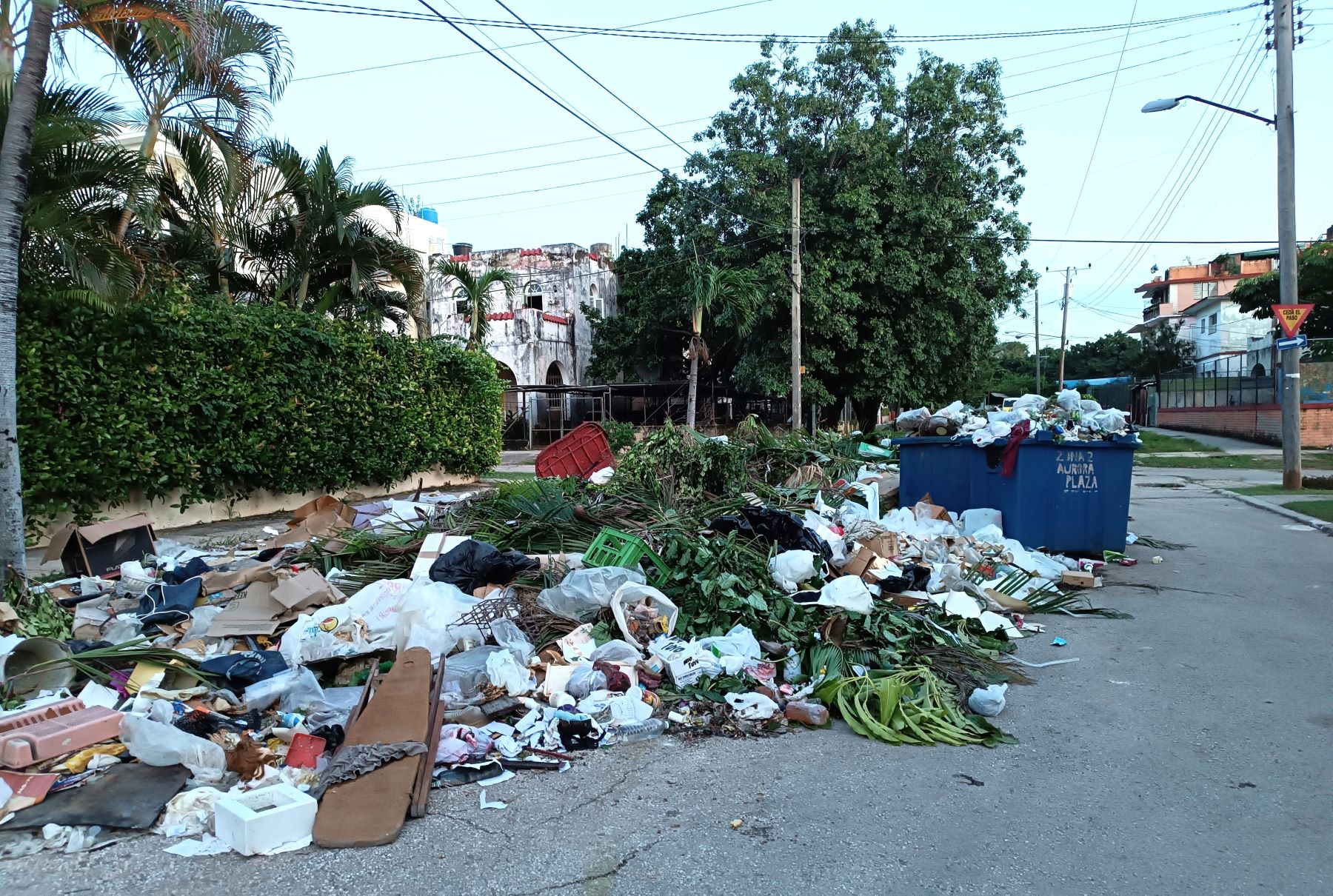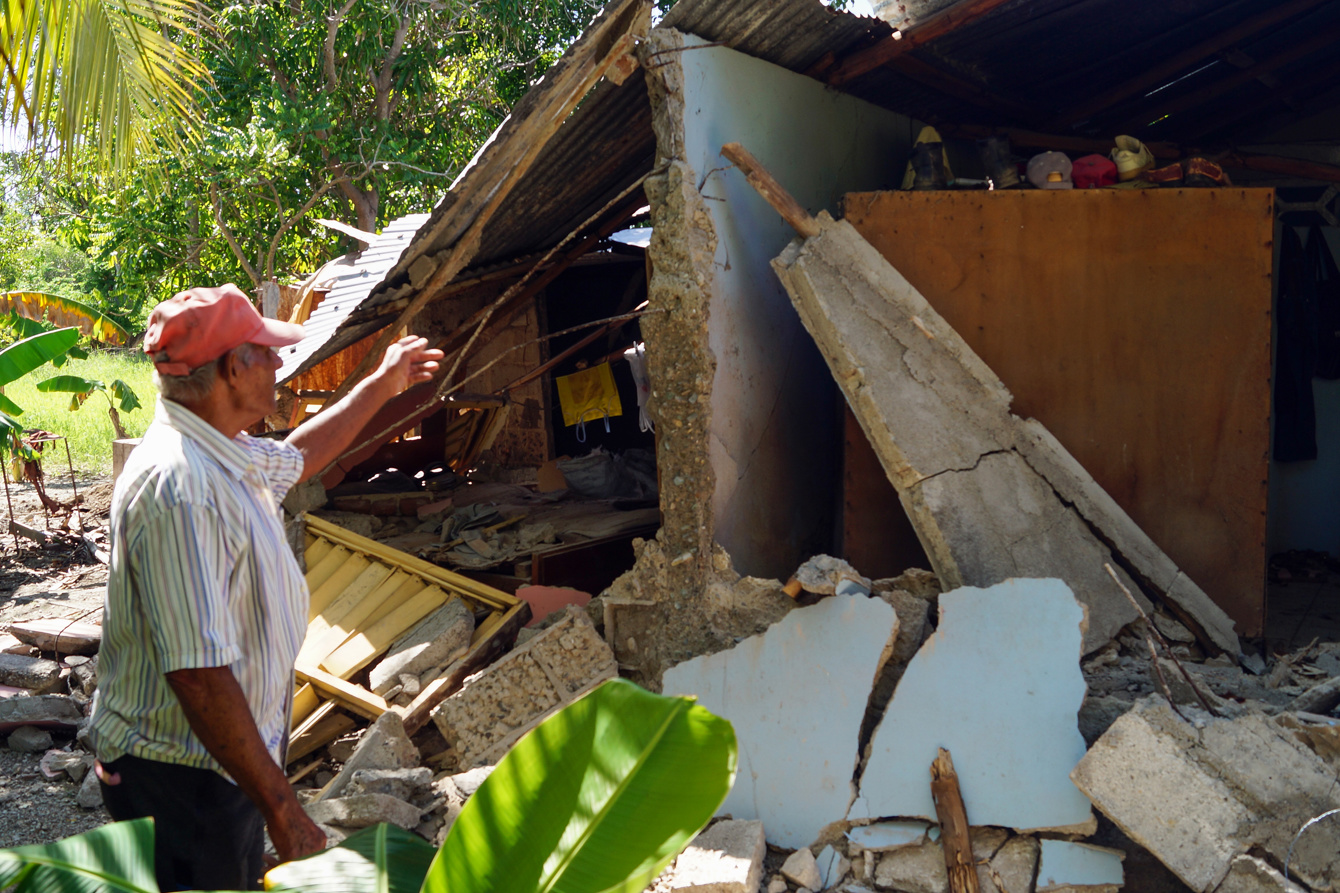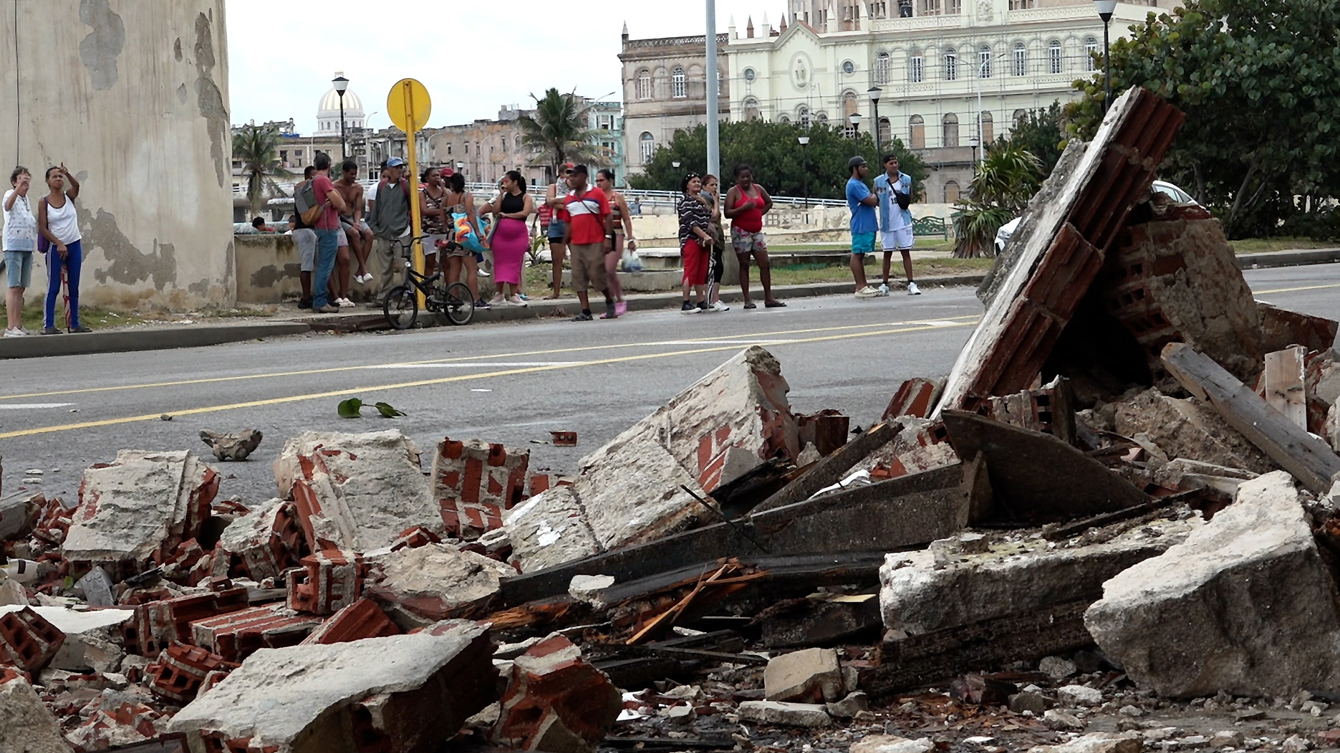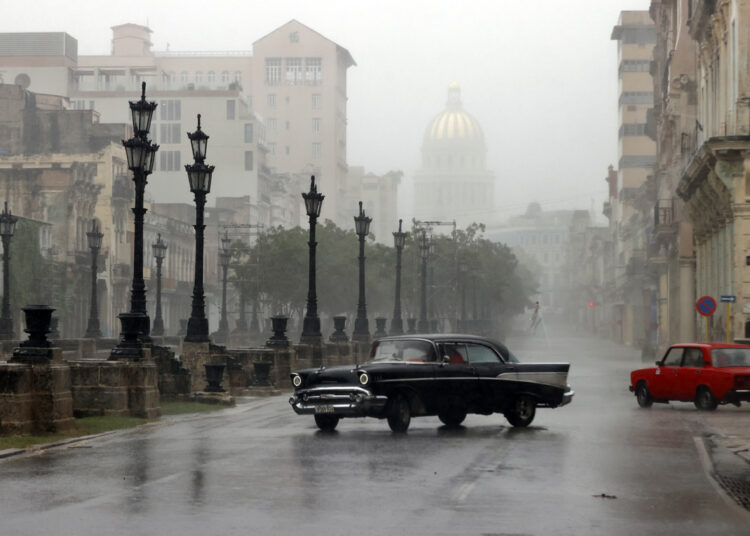From the east to the west of Cuba, three natural events have done us much harm. Two hurricanes and an earthquake have combined to make more difficult these last two months of a year that will leave us with many bad memories and disappointments.
The damage is difficult to quantify, but, without a doubt, the cost of these three events for the national economy is very high. And even higher because the economic and physical conditions of the country “made it easier” for the destruction to go beyond the imagination.
These events made more evident the deficiencies of the infrastructure ― water, electricity, telecommunications, roads, etc. ― that we already knew of and suffered from, and also those associated with processes in which systematicity has been lost, such as tree pruning, systematic collection of solid waste, etc. In these services, it is proven that the enterprises in charge have not fulfilled what the people entrusted to them.
There are multiple causes, some alien and external ― such as the limitations imposed by the blockade ― but others not, and these are associated with management and leadership errors and above all with the lack of decision in matters that at least in theory ― the Guidelines, the Conceptualization ― were apparently agreed upon.
How is it possible that we are burdened for years with so many inefficiencies and deficiencies in a waste collection service that does not guarantee the hygiene of towns and neighborhoods? How is it possible that the preventive pruning service is not carried out properly, although several enterprises are in charge? Why, if state enterprises cannot, is it not possible to resort to and encourage the creation of non-state enterprises in options such as public-private partnerships?

Today, a significant part of the damage to the transmission network is due to the massive fall of trees on the networks. Governments and local enterprises involved in these services lack the capacity to respond adequately to return the population to this special normality that we suffer in a reasonable time, despite the enormous effort made by their workers, officials, organizations, and the army.
Hurricane Rafael surpassed us, due to its devastating force and the accumulation of weaknesses that it took advantage of.
The hurricane season has not ended and tropical depression number 19 has just formed in the Caribbean Sea, south of Cuba, with great possibility of becoming a hurricane. So far, this one might not affect us — we have to be vigilant — but we are all very worried.
Given these circumstances, there is little we can do other than prepare better and learn from what happened to us with Rafael, just as we learned from what happened with Oscar in Guantanamo a few days before. With Rafael, the information reached everyone and it was possible to avoid the most costly and painful loss, that of human beings.
The other hurricane, which does directly threaten our country, will last at least four years. It will affect the entire island, from one tip to the other, from the north coast to the last of our keys on the south coast. There is no need to speculate about its trajectory or the strength of its winds. That other hurricane will be managed by the same team that designed Trump’s policy towards Cuba (2017-2021), and which Biden maintained almost to the letter.
In recent days I have been crammed with post-mortem comments about Trump’s victory and the defeat of the Democrats’ political apparatus, which is much more than Kamala. And also about the meaning of such an overwhelming victory insofar as it expresses the values of the majority of the U.S. population that voted for the ideas that Trump knew how to sell, taking advantage of the disenchantment and weariness with the Democrats’ administration.
Indecision, incoherence, unfulfilled promises are some of the worst diseases that a government can suffer from. They are usually fatal and the Democrats are paying for it today and will probably continue to pay for it for a long time.

The positive thing about Trump’s election for our Cuba today is that we already know what we can expect from that administration. They are going to “modernize”/“update” the policy designed eight years ago to exert more pressure on the country, and comply with that memorandum of the Eisenhower administration more than sixty years ago that has been a mandate for each one of the U.S. administrations since then.
That, like the recent hurricanes, they are going to take advantage of each and every one of our many weaknesses. It is not news. They were already doing it.
We are in what Acemoglu calls a “critical juncture.” That is, “major events that disrupt the existing political and economic equilibrium in one or many societies.”
It is not written or predetermined what the results will be; we do not know today if this new season will end in a success that will prolong the stay of this “new” Republican Party — perhaps with Marcos Rubio at the head as a possible next president — or if, on the contrary, it will lead the United States to processes that endanger the very essence of the union.
But what we do know is that, in any of its variants, this critical situation is decisive for our country.
To think that a saving hand will appear that will allow us to continue surviving is as naive and dangerous as giving up fighting every day against this policy that is drowning us. We need to strengthen our neck muscles.
We need profound institutional changes that will allow our country to adapt to this “critical situation,” reduce its impact, take advantage of the spaces it may leave, promote and encourage inclusive growth, make the reforms we need, and, above all, start now, because time is not on our side.
For the moment, we are only in the eye of the hurricane. Soon the destructive winds will begin.












Hi Dr ,I am a Canadian and I know you are 100% right in what you have said here
ditto … I am also a Canadian …